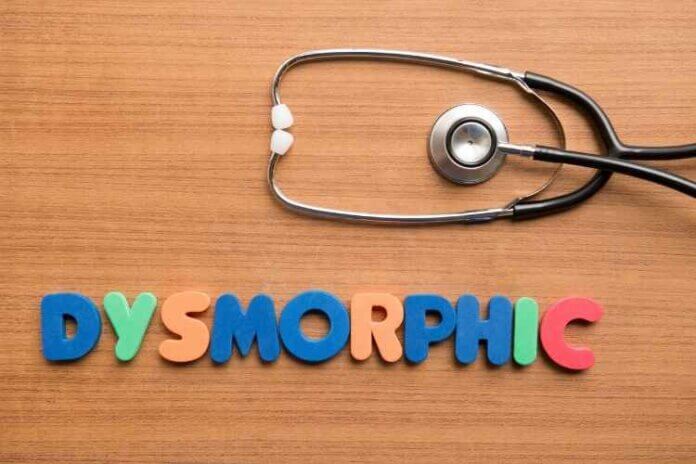
Teens go through a ton of body changes in a short period of time. These can include acne growth, weight gain or loss, and new body hair. During this period in their lives, teens can start to struggle with body dysmorphia, a condition that includes negative self-thoughts about the body.
If you’re wondering if your teen is struggling with body dysmorphic disorder, check out the top five signs below. Remember, body dysmorphia is different than an eating disorder, but both can be present at the same time and often are.
1. They Frequently Spend Time in Front of the Mirror
Teens are often looking at themselves, as it’s a way to check up on their ever-changing bodies and fit in with the style trends of their day. However, it can become a problem if your teen is constantly looking in the mirror for flaws.
If your teen continuously checks in the mirror, pulls at their skin or fat, or makes rude comments about their features, this is a sign that they may be experiencing body dysmorphic disorder.
2. They Make Negative Comments on Their Body to You
Negative self-talk is a big sign of body dysmorphia. You may hear your teen saying:
- “I’m so fat.”
- “I look horrible today.”
- “I’m ugly.”
- “I hate my acne.”
- “I wish I had a smaller nose.”
- “I wish my stomach wasn’t so round.”
If you hear these things often from your teen, it may be worth looking into. A therapist or counselor can make all the difference in helping your child deal with their feelings about their body.
If your child’s comments are more focused on gender and wanting to have a body of the opposite sex, you will want to meet with a gender specialist doctor, as your child may be having gender dysphoria.
3. They Start Using Makeup or Different Clothing
All teens are going to want to “fit in” to an extent. They’ll probably start showing a new interest in makeup and more “adult” clothing. However, if your child is participating in this behavior very young or in an obsessive way that doesn’t seem like “them,” you may be dealing with body dysmorphic disorder.
Your teen may start asking for smaller sizes of clothing, on-trend clothes, or heavy makeup. If this comes along with negative self-talk and comparing themselves to others, it can be a cause to be concerned about.
4. They Start Having Disordered Eating Habits
Even though body dysmorphic disorder is not an eating disorder, often the hateful self-talk and negative image of one’s body can cause an eating disorder to develop.
Signs of disordered eating include:
- Trying to eat only low-calorie foods
- Drinking coffee to avoid hunger
- Eating less often
- Binging when stressed
- Negative opinions of food and eating
If you notice these signs in your child, it’s essential to get help right away. Eating disorder treatment is available in most areas. You can also try a therapist. Read more about body dysmorphic disorder here on BetterHelp to get a better understanding: https://www.betterhelp.com/advice/body-dysmorphic-disorder/
5. They Make Comparisons to the Bodies of Others
Teens have access to many social media sites these days. On Tiktok, one of the most popular platforms for teenagers, kids are exposed to the bodies of adult women and men who look different than them.
When kids are seeing various bodies online that don’t look like theirs, they will start to compare themselves to celebrities and adults. This comparison is harmful to a growing teen.
It’s important to have conversations with your child about why the bodies they see online are not a representation of what they should look like.
Conclusion
If you see your child in the signs above, it’s time to address the problem. Always have positive conversations with your child on body image, and model self-love by using positive body talk about yourself when you’re around them.
If your child is not getting better, it’s a good idea to consider a therapist. Adolescent therapists can help your child find ways to love their body again and work through possible eating disorders. Catching this early is also a great way to avoid an eating disorder.











